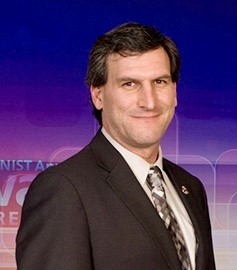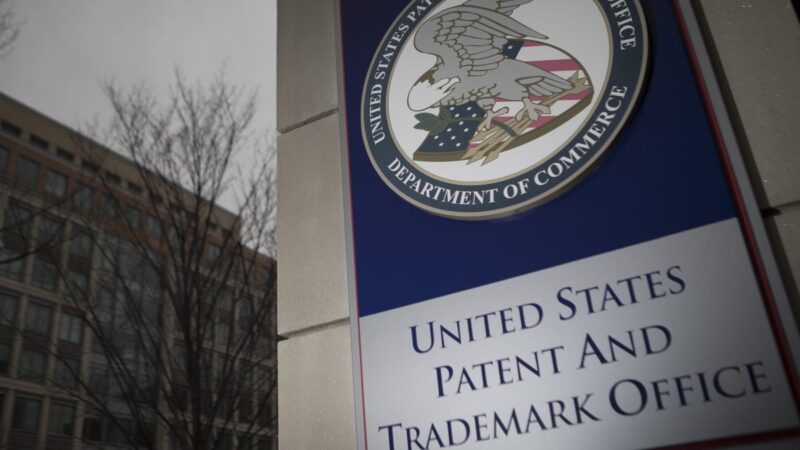Gordon Gillerman

Gordon Gillerman, Director, Standards Coordination Office at the National Institute of Standards and Technology (NIST) and Department of Commerce Standards Executive, leads NIST’s work in standards coordination and the National Voluntary Laboratory Accreditation Program. Gordon supports extensive standards development and advises federal agencies and other stakeholders on standards and conformity assessment policy. The Standards Coordination Office is the NIST standardization focal point for federal government, administers the NIST Standards Curricula Development Cooperative Agreement Program, operates the U.S. Inquiry Point for the World Trade Organization’s Technical Barriers to Trade Agreement, is the U.S. Designating Authority for Telecom Mutual Recognition Agreements, and is a key information source for US industry on standards related market access issues.
Gordon has extensive standards experience across a wide range of critical issues including homeland security, safety, health, and protection of the environment. Gordon is an expert on conformity assessment systems design, an advisor to the U.S. Trade Representative on technical barriers to trade and related trade agreements, and has collaborated across the standards community to develop standards based solutions for national priorities throughout his career. Gordon provided direct support in the drafting and negotiation of the Technical Barriers to Trade chapter of the USMCA.
Prior experience includes leading government affairs for the largest U.S. product safety certification and standards development organization, Underwriters Laboratories (UL) in Washington, DC, and Staff Engineer for the medical device and information technology sectors at UL’s Northbrook, IL headquarters.


Assessing the Patent and Trademark Office’s Inventorship Guidance for AI-Assisted Inventions
